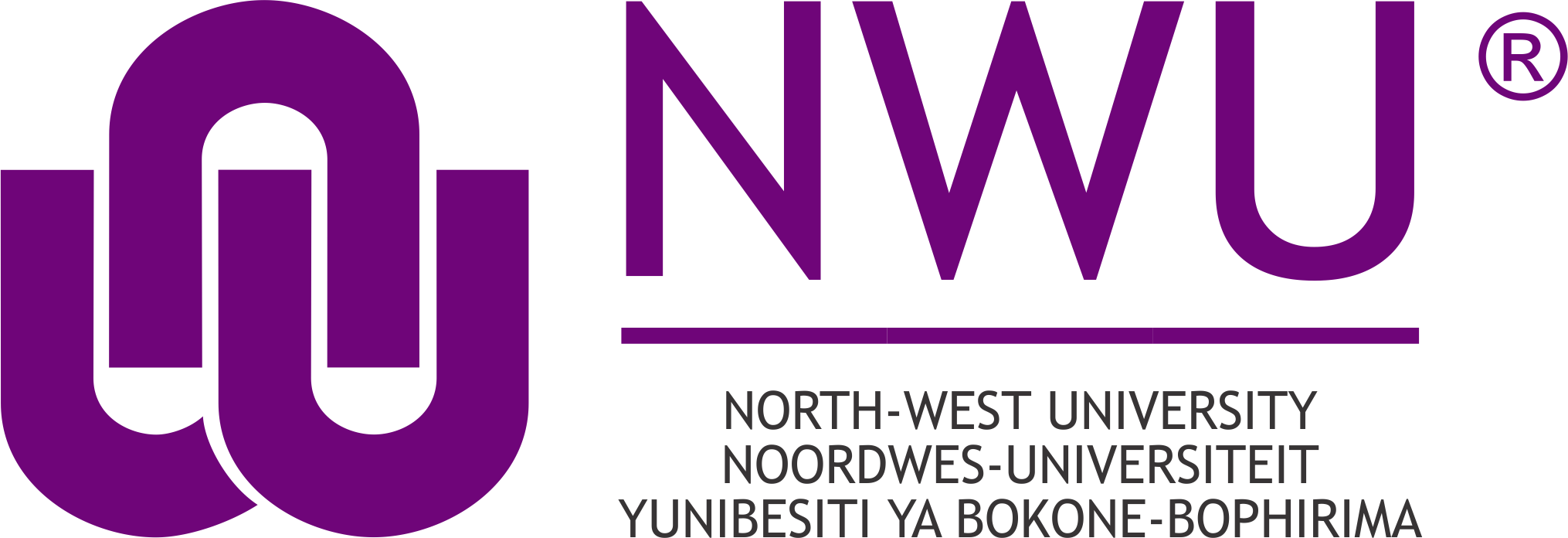Celebrating the Groot Marico Biosphere Reserve
Over the years, the North West University (NWU) has shown it is not only dedicated to achieving academic excellence, but also to helping and developing the community and the environment.
The NWU, together with a number of other industry partners, recently worked together to have the United Nations Educational, Scientific and Cultural Organisation (UNESCO) recognise and preserve the Groot Marico region as an international biosphere.
A biosphere reserve is an ecosystem with plants and animals of unusual scientific and natural interest, which is internationally recognised within the framework of UNESCO's Man and Biosphere Programme. It aims to promote management, research and education in ecosystem conservation and sustainable use of natural resources.
The Groot Marico Biosphere Reserve is the first biosphere in North West and one of only a handful of internationally recognised biospheres in the country.
To celebrate this prestigious achievement, the province is hosting a celebration at Phenyo Botlhe Primary School in Groot Marico on 12 October 2018.
More about the area and research
According to Prof Hendri Coetzee from the NWU's Sustainability and Community Impact department, the Groot Marico region is a very important water catchment area. The Marico River is one of the few unpolluted rivers in South Africa and supplies the Moletele Dam, Gaborone (in Botswana) and the Limpopo River with water.
"A mining company wanted to start mining in the region, and you can imagine the impact that this could have had on the area," says Prof Coetzee. "The water could have been polluted, which in turn could have affected the community, environment and biodiversity of the area. Now that the area has been classified as a biosphere, mining will not take place and the area will be conserved."
Prof Coetzee and Prof Werner Nell from the NWU's Optentia research focus area conducted research on the community well-being and development needs of the Groot Marico Biosphere Reserve. While the two academics looked at the development needs of the area, a team from the NWU's Unit for Environmental Sciences and Management assessed the environmental needs of the region. With this study, Prof Coetzee and Prof Nell were able to scientifically determine the needs of the community by using unconventional indicators such as social ties, community commitment, overall life satisfaction and well-being of the community.
"With the Groot Marico region being recognised as a biosphere, we hope that organisations will donate towards making this area a tourism site, and that this will lead to further development in the area," concludes Prof Coetzee.
